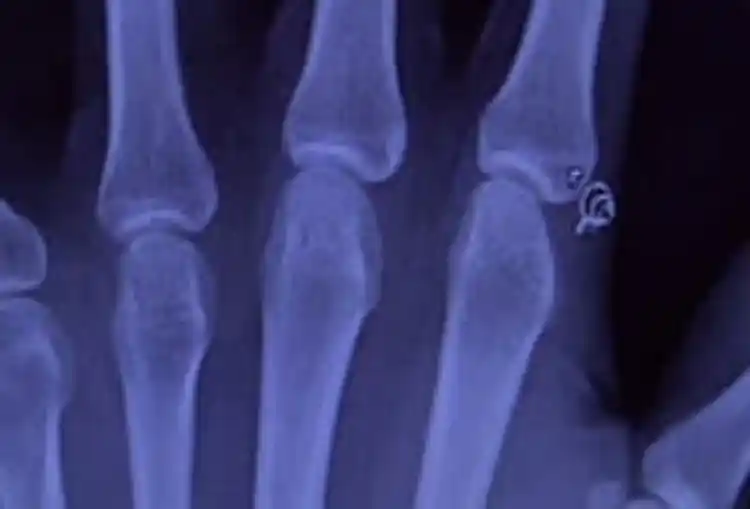Is My Biologic Working?

Hide Video Transcript
Video Transcript
Karen Law, MD Emory University Rheumatologist
Hey Beth Beth Greeves
Hey Karen Law, MD Emory University Rheumatologist
Ready to come back? Beth Greeves
Yeah Narrator
Beth Greeves has rheumatoid arthritis. Karen Law, MD Emory University Rheumatologist
How are you? Beth Greeves
Good, how are you? Karen Law, MD Emory University Rheumatologist
I'm good! Narrator
She recently started a newer type of RA medication. A biologic. Karen Law, MD Emory University Rheumatologist
Ok, come on in. Have a seat. Narrator
Biologic drugs are unique because they target a specific part of the autoimmune response that causes RA. Like many just starting one, Beth wants to know… Beth Greeves
So how do you know if my biologic is working? Narrator
The answer, starts with you. Karen Law, MD Emory University Rheumatologist
First and foremost, the most important thing is, how are you feeling? Beth Greeves
Good Karen Law, MD Emory University Rheumatologist
Good? Beth Greeves
Yeah, no hurting. Good. Karen Law, MD Emory University Rheumatologist
Ok. How much stiffness do you have in the morning? Beth Greeves
Not…like sometimes my feet hurt a little. But in like 15 minutes I’m fine. Karen Law, MD Emory University Rheumatologist
Less than 15 minutes? Beth Greeves
Yeah. Karen Law, MD Emory University Rheumatologist
Alright, so one of the things we look at is how long you have morning stiffness. If it’s less than 15 minutes, that’s really, really good. Then the other things like, how is your fatigue? How’s your pain doing? Are there still the same number of joints that are bothering you? Or is it more or less? And what is your sense of how the swelling is doing? You know, can you wear your watch again? Can you get your rings on again? Narrator
Keeping a daily diary of symptoms is a great way to help your doctor. Karen Law, MD Emory University Rheumatologist
Try to be as specific as possible about the type of pain that you’re having. The location of that pain. The duration of the stiffness that you have the in morning. Those are very important markers to help us to understand if the medications are working correctly. Now am I causing you any pain by squeezing here? Beth Greeves
No. Narrator
Next, a physical exam verifies progress. Karen Law, MD Emory University Rheumatologist
Give me a good squeeze. Tight as you can. Tight. Tight. Tight. That’s good. So ideally, zero joints are now involved. There’s zero pain. There’s zero swelling. There’s zero warmth. That’s an ideal situation. Some patients may not get there. May not get there with their first medicine. Or may need a combination of medicines. Or changes in their medications. But that’s typically what we’re looking for in the physical exam. Karen Law, MD Emory University Rheumatologist (cont.)
And then the third part of it is, checking some blood work, just as housekeeping to make sure that you’re tolerating your medications without any difficulty. And those include tests of liver function, kidney function and following blood counts. Other things that have helped keeping us abreast of other medical conditions Karen Law, MD Emory University Rheumatologist (cont.)
that you’ve had before or that you may develop while you're on therapy. Also a very good understanding of the medicines that you’re on, are really key to making sure that these medicines that we prescribe are not having adverse or interactions with other medicines that you’re taking or being prescribed. Alright, so we can take a look at the x-rays that you had when you were first diagnosed. Narrator
Besides comfort, and the ability to return to everyday activities, the goal of any RA treatment is to stop future joint damage. Working closely with your doctor will help accomplish that goal. 